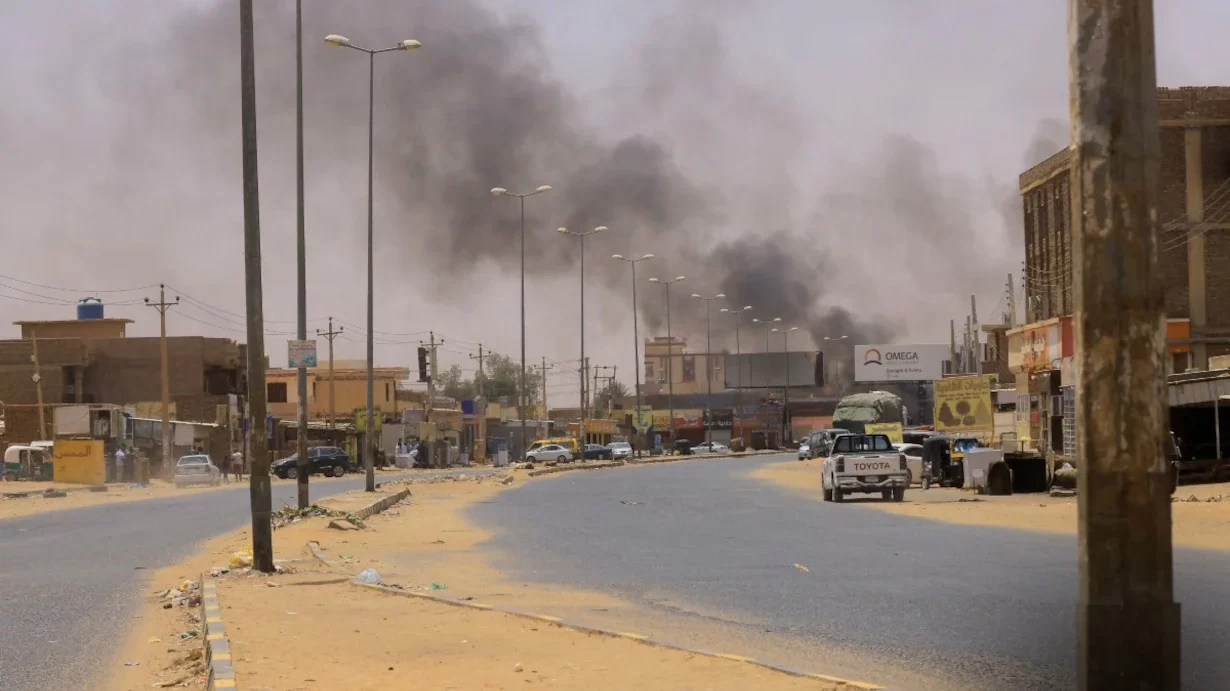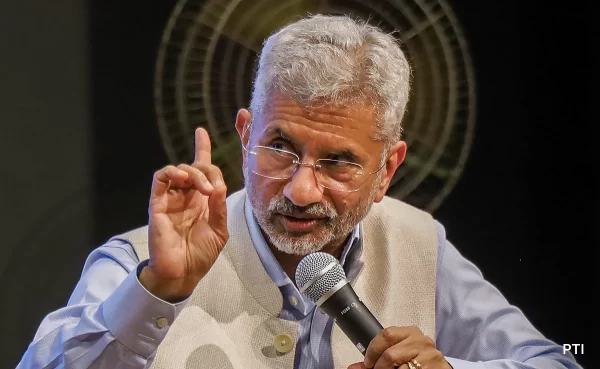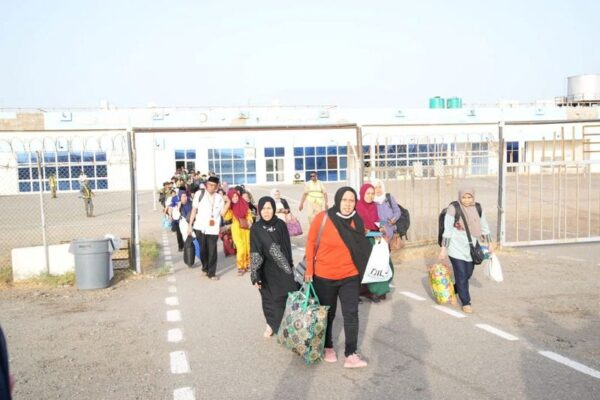Khartoum, Sudan: The International Federation of Red Cross and Red Crescent Societies stated on Tuesday it become almost not possible to offer humanitarian offerings across the Sudanese capital Khartoum and warned the country`s fitness gadget become vulnerable to collapse.
“The reality is that for the time being it’s far nearly not possible to offer any humanitarian offerings in and round Khartoum,” Farid Aiywar, IFRC head of delegation for Sudan, instructed newshounds thru video hyperlink from Nairobi.
“There are calls from numerous companies and those trapped requesting evacuation.”
Mr Aiywar warned that if disruptions to the Sudanese fitness gadget persisted, “it’s going to nearly cross right into a collapse.”
Fighting among the Sudanese navy and the paramilitary Rapid Support Forces (RSF) has killed as a minimum 185 human beings and injured greater than 1,800, prompting calls via way of means of the worldwide network for the combating to forestall.
“Common feel ought to prevail, and all events ought to act to de-strengthen tensions,” UN High Commissioner for Human Rights Volker Turk stated in a statement.
United Nations spokesperson Alessandra Vellucci could now no longer touch upon the evacuation of personnel from the country, mentioning safety concerns, however stated the U.N. meant to stay in Sudan.
“We absolutely intend to live and supply our humanitarian mandate,” she stated.
The UN has 4,000 personnel in Sudan, specially running in humanitarian operations and assisting political missions, Ms Vellucci stated. The UN’s World Food Programme has briefly halted operations after 3 of its personnel have been killed.
In separate comments, the World Health Organization stated it had documented 3 assaults towards fitness care centers for the reason that combating erupted in Sudan, certainly considered one among which had killed as a minimum 3 human beings.
“Attacks on fitness care are a flagrant violation of humanitarian regulation and the proper to fitness, and that they ought to forestall now,” WHO spokesperson Margaret Harris stated.
Ms Harris stated that hospices in Khartoum have been significantly missing lifesaving materials and that blackouts have been making it tough to render fundamental offerings.
“It’s so risky for each person to transport anywhere, that’s making it so tough for personnel to genuinely get to the hospitals,” she stated.





